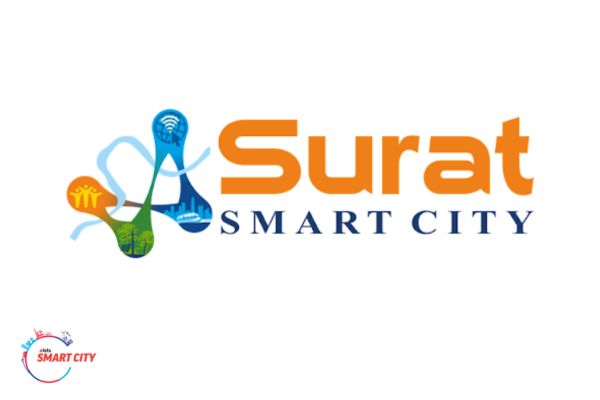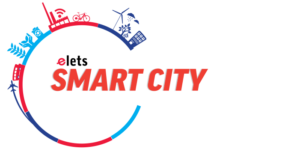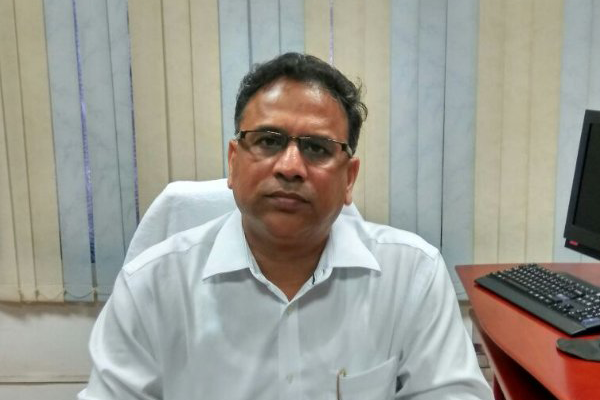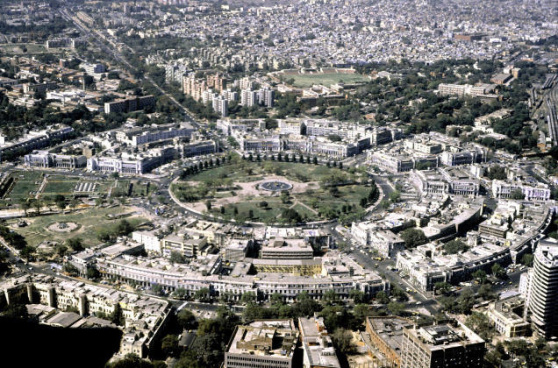
In a major step towards digital transformation, the Surat Municipal Corporation (SMC) has announced an ambitious initiative to install QR codes on every house in the city. This move is aimed at streamlining data collection and improving civic services, including health monitoring, sanitation, water supply, and property assessments.
SMC Commissioner Shalini Agarwal, while presenting the draft budget for 2025-26, elaborated on the scope and benefits of this digital initiative. She emphasised that the current method of data collection, which involves manual health surveys conducted every 20 days and property valuations every four years, is prone to inconsistencies and inefficiencies. The introduction of QR codes will ensure real-time, accurate, and seamless data collection, ultimately enhancing the quality of municipal services for residents.
Enhancing Data Collection and Governance
Each household will be assigned a unique QR code, which will be linked to the property’s geographical location and existing municipal records. SMC field staff will scan these QR codes using a mobile application, allowing them to update and retrieve real-time data on health statistics, infrastructure status, and other essential services. This system is expected to improve service delivery and facilitate prompt decision-making by municipal authorities.
The QR code-based identification system will be gradually expanded to integrate all municipal services, creating a more citizen-centric approach to urban governance. Commissioner Agarwal highlighted that this is the first project in India to allocate QR codes to individual properties, setting a precedent for other cities to follow.
A New Approach to Health Monitoring
One of the key applications of this initiative will be in the monitoring and prevention of vector-borne diseases such as malaria and dengue. The system will enable health surveyors to scan QR codes assigned to each property, thereby updating health records in real-time. Additionally, an artificial intelligence (AI)–powered system will analyse the collected data to predict potential disease outbreak hotspots. This predictive approach will allow authorities to take proactive measures in disease prevention and public health management.
A digital dashboard will be implemented to track trends in disease prevalence, ensuring timely interventions and improved public awareness campaigns. The comprehensive nature of this system will strengthen Surat’s health infrastructure and bolster its response to emerging health challenges.
Integration of Smart City Technologies
Taking a significant step towards smart urban governance, the SMC is collaborating with the Indian Institute of Technology (IIT) Kanpur and the Ministry of Housing and Urban Affairs to establish a Centre for Excellence in Artificial Intelligence. This centre will focus on AI-driven data analytics, image processing, and municipal e-governance tools.
In line with its digital transformation agenda, the SMC has also launched a two-way WhatsApp-based complaint and communication service, which will soon incorporate payment facilities. Furthermore, the corporation is working on an e-signature feature, enabling residents to digitally sign documents while submitting applications. Aadhaar-based electronic Know Your Customer (e-KYC) services will also be introduced to streamline access to various municipal services.





















